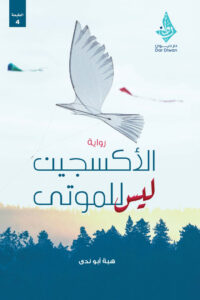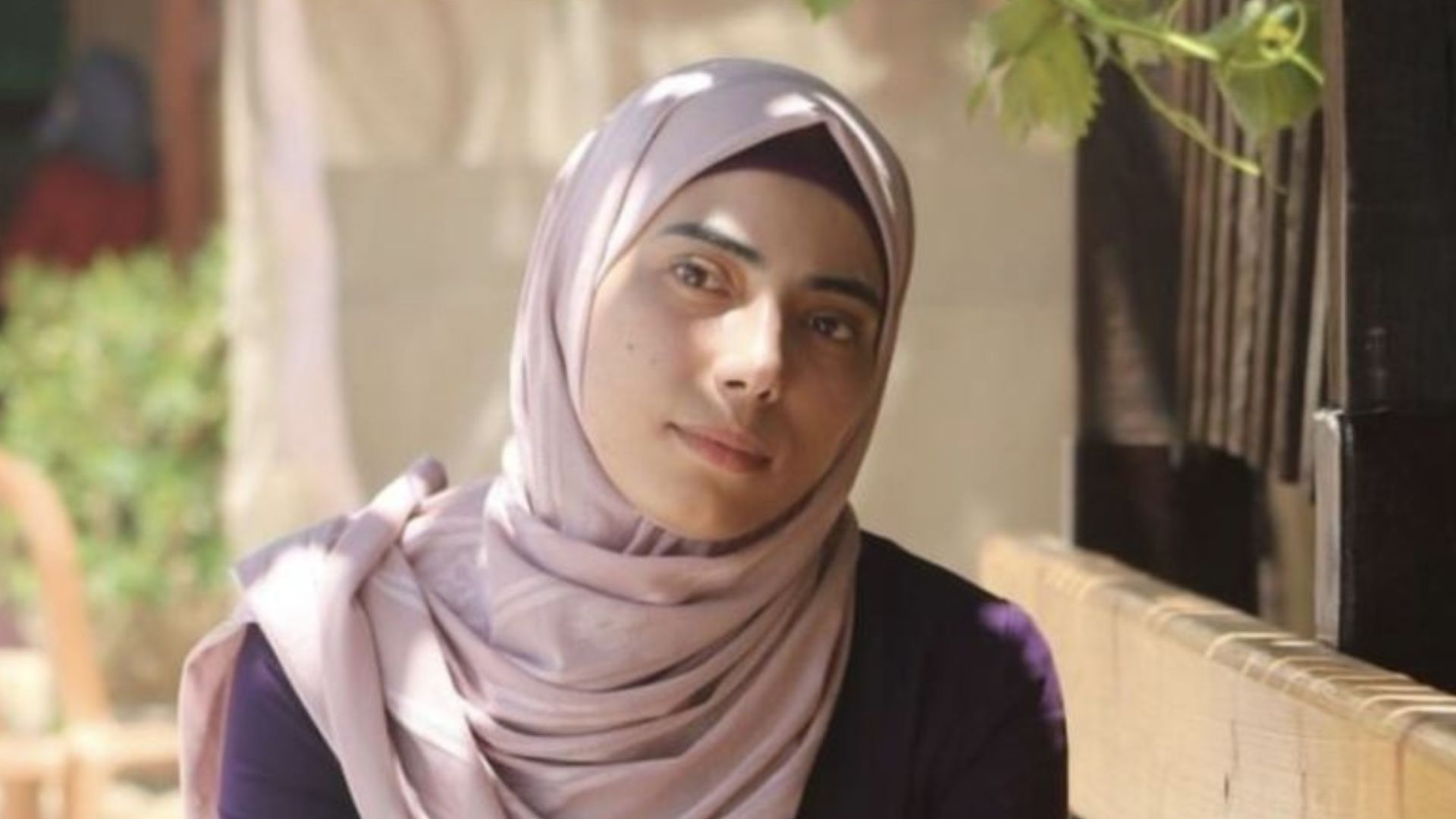20 października 2023 roku w wyniku izraelskiego bombardowania zginęła Heba Abu Nada (هبة أبو ندى), feministyczna poetka i powieściopisarka. Bombę zrzucono na jej dom w Khan Yunis. Razem z nią życie stracił jej synek. Hiba miała 32 lata.
Heba Abu Nada była nie tylko pisarką – z wykształcenia była biochemiczką i dietetyczką. Urodziła się w 1991 roku w Mekce w Arabi Saudyjskiej w rodzinie palestyńskich uchodźców, którzy zostali wysiedleni siłą z wioski Bayt Jirja w północno-wschodniej Gazie podczas Nakby w 1948. Mimo tej historii, Heba wróciła do Gazy – studiowała najpierw na Uniwersytecie Islamskim w Gazie, następnie tytuł magistry zdobyła na Uniwersytecie Al-Azhar w Gazie.

W 2017 roku za swoją powieść Oxygen is Not for the Dead (الأكسجين ليس للموتى) otrzymała nagrodę Sharjah Award for Arab Creativity. Książka nie doczekała się jeszcze przekładu ani na język polski ani na angielski, ale po cichu liczymy, że to się kiedyś zmieni.
8 października, w ostatnim opublikowanym przez siebie poście na portalu X, napisała:
Noc w Gazie spowija mrok, poza błyskiem rakiet; cisza, poza hukiem bomb; przerażenie poza komfortem modlitwy; czerń poza światłem męczenników. Dobranoc, Gazo1.
10 października, dwa dni po opublikowaniu tego wpisu, Heba napisała wiersz pod tytułem „I Grant you Refuge”2, który został przetłumaczony na angielski przez Hudę Fakhreddine.
1.
I grant you refuge
in invocation and prayer.
I bless the neighborhood and the minaret
to guard them
from the rocketfrom the moment
it is a general’s command
until it becomes
a raid.I grant you and the little ones refuge,
the little ones who
change the rocket’s course
before it lands
with their smiles.2.
I grant you and the little ones refuge,
the little ones now asleep like chicks in a nest.They don’t walk in their sleep toward dreams.
They know death lurks outside the house.Their mothers’ tears are now doves
following them, trailing behind
every coffin.3.
I grant the father refuge,
the little ones’ father who holds the house upright
when it tilts after the bombs.
He implores the moment of death:
“Have mercy. Spare me a little while.
For their sake, I’ve learned to love my life.
Grant them a death
as beautiful as they are.”4.
I grant you refuge
from hurt and death,
refuge in the glory of our siege,
here in the belly of the whale.Our streets exalt God with every bomb.
They pray for the mosques and the houses.
And every time the bombing begins in the North,
our supplications rise in the South.5.
I grant you refuge
from hurt and suffering.With words of sacred scripture
I shield the oranges from the sting of phosphorous
and the shades of cloud from the smog.I grant you refuge in knowing
that the dust will clear,
and they who fell in love and died together
will one day laugh.
Nie musicie znać arabskiego, żeby docenić emocje i piękno języka poezji Hebu Abu Nady – obejrzyjcie wywiad z nią, w którym recytuje jeden ze swoich wierszy.
Pisarz Anthony Anaxagorou przetłumaczył wiersz, który ponoć był jej ostatnim3:
We find ourselves in an indescribable state of bliss amidst the chaos. Amidst the ruins, a new city emerges—a testament to our resilience. Cries of pain echo through the air, mingling with the blood-stained garments of doctors. Teachers, despite their grievances, embrace their little pupils, while families display unwavering strength in the face of adversity.
Dziesięć dni po napisaniu swojego ostatniego wiersza, kilka godzin przed zrzuconą na jej dom bombą, która zabiła ją i jej syna, napisała następujący post4:
Każdy z nas w Gazie jest albo świadkiem albo męczennikiem wyzwolenia. Każdy i każda czeka, żeby zobaczyć, które z tych oblicz spotka się z Bogiem. Zaczęliśmy już budować nowe miasto w Niebie. Lekarze bez pacjentów. Nikt nie krwawi. Nauczyciele w niezatłoczonych klasach. Nikt nie krzyczy na uczniów. Nowe rodziny bez bólu i smutku. Dziennikarze piszący i robiący zdjęcia wiecznej miłości. Wszyscy są z Gazy. W Niebie, Gaza jest wolna od oblężenia. I nabiera teraz kształtu.
- Tłumaczenie własne na podstawie angielskiego przekładu posta opublikowano w artykule: Dan Sheehan, These are the poets and writers who have been killed in Gaza, „Literary Hub”, 21.12.2023 ↩︎
- Heba Abu Nada, I Grant You Refuge, tłum. Huda Fakhreddine, „Protean Mag”, 03.11.2023 ↩︎
- Dan Sheehan, These are the poets and writers who have been killed in Gaza, „Literary Hub”, 21.12.2023 ↩︎
- Tłumaczenie własne na podstawie angielskiego przekładu opublikowano w artykule: Fady Joudah, A Palestinian Meditation in a Time of Annihilation: Thirteen Maqams for an Afterlife, „Literary Hub”, 01.11.2023 ↩︎
